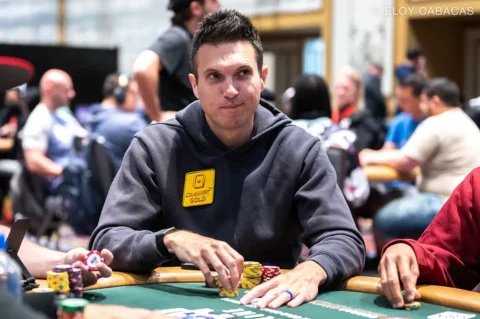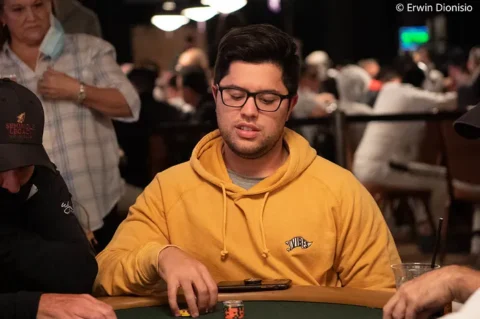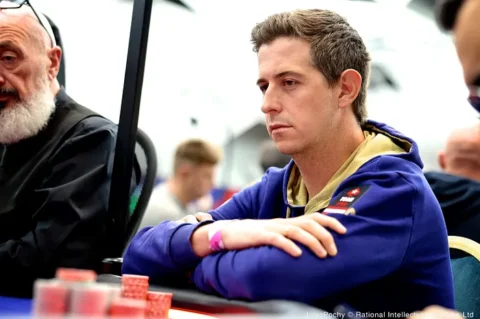The debate between poker and blackjack has long intrigued both seasoned gamblers and casual players, as each game offers unique challenges and appeals. Poker, with its deep strategic elements and psychological complexity, attracts those who enjoy a game where skill, bluffing, and player interaction play critical roles. On the other hand, blackjack appeals to those who prefer a quicker, more straightforward game that combines chance with strategic decision-making regarding when to hit, stand, double down, or split. This comparison will delve into the nuances of both games, examining aspects such as the learning curve, potential for profit, entertainment value, and the influence of luck versus skill.
Similarities Between Poker and Blackjack
Poker and online blackjack share some interesting elements, setting them apart from other casino games. Both games are not solely reliant on luck; skill plays a significant role in achieving victory.
Players must think carefully and decide whether to keep their cards or draw new ones. These games are skill-based, and understanding the rules alongside using strategies can increase the chances of winning. Betting is crucial in both games; knowing when to bet more or less is vital. Essentially, poker and blackjack involve smart plays, calculated risks, and aiming for the best hand.
Differences in Skill and Strategy between Poker and Blackjack
Approach to playing and thinking in poker and online blackjack differs significantly. In poker, you face other players and try to bluff to win. In blackjack, it is just you versus the dealer. You must count cards to beat the casino.
Social vs. Individual play
Poker involves direct competition and strategy against other players, with a social aspect involving talking and reading opponents. Blackjack is a solitary battle between player and the dealer, with minimal interaction with others. Poker offers a communal experience, while blackjack provides an individual challenge.
Bluffing
Bluffing is an important part of poker strategy. Players try to trick others into thinking they have different cards than they really do, use betting behaviors and psychology to mislead opponents. Sometimes players with weak hands can win by bluffing and convincing others to fold. It creates a mind game within the card game.
Blackjack does not involve bluffing. Players focus only on making smart mathematical choices, not deceiving the dealer. Cards determine everything, not tricks against opponents. In poker, Players have to trick each other with clever bluffs even bluff all the time in many ways. In blackjack, players use odds and choices based on the cards they see.
Card counting
Card counting is a sophisticated technique in blackjack that allows players to predict the likelihood of favorable cards, players know when to bet big or little. Itcan significantly reduce the house edge, giving skilled players a tactical advantage of about one-half to two percent. Mastering card counting requires practice and a sharp mind, making it a valuable skill for blackjack enthusiasts.
Chance vs. skill
Both poker and blackjack blend luck and skill, but poker leans more towards skill in how players handle their hands. Bluffing, reading opponents, and strategic decisions are key in poker.
Blackjack also requires strategy but depends more on luck and playing the odds correctly. Skilled players get a heads up because they get probabilities and make smart moves, but you can’t always know what’s coming next.
The mix makes each game super fun in its own way. Your luck could turn around with just one card flip or a bold bet at the right time.
Conclusion
Choosing between poker and blackjack depends on personal preferences. Poker offers a social, strategic experience with a mix of psychological and skill-based elements. Blackjack provides quick, individual play where luck and strategy intersect. Each game has its unique appeal, making them both popular choices for different types of players.















